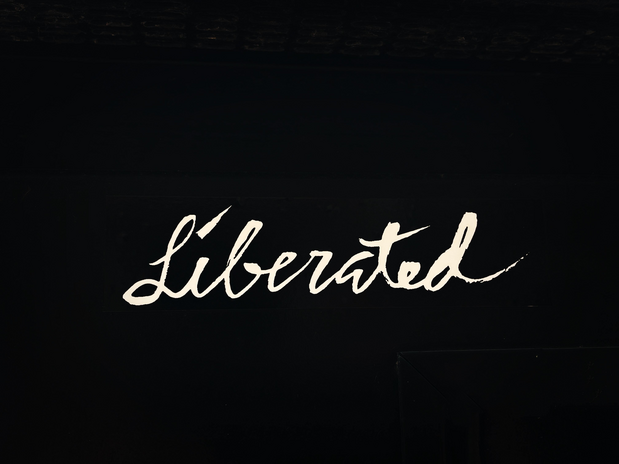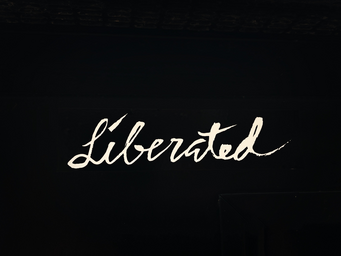As of 2014, there can be found some 900 street signs named after Martin Luther King Jr. In Detroit, you can commonly come across Rosa Parks Boulevard. Even as recently as last summer did Washington D.C. create “Black Lives Matter Plaza.” But, what is it all for? On the one hand, these are seen as actions to commemorate activists and social figures for change. Yet, in some ways, the notion that change comes in the form of a street sign seems antithetical to the values these people stood for. We see plaques to recognize historically Black neighborhoods to make amends for the destruction caused by white supremacy, yet none of those places have come back to fruition. The government proposes to put Harriet Tubman on the nation’s currency, without acknowledging that not too long ago she was once actually considered economic machinery that fueled the country’s economy.
Society changes syrup and rice company names in grocery stores, yet marginalized people don’t even have access to them in their food desserts. The country removes confederate monuments, but not the actual confederate supporters in government. When Eric Gardner was murdered by the NYPD in 2014, the state passed an anti-chokehold act in his name. Yet, in 2020, the nation bore witness to the death of George Floyd due to his inability to breathe from pressure sustained to his neck. Congress names the policing bill in his name, but it has yet to leave the House floor.
Time and time again, we witness the acts of performative activism on behalf of our government, local communities and companies. The pattern only appears to be that people are willing to acknowledge these injustices, but they are rarely followed up with proper actions. Painted as either-or situations, America’s attempts to rectify the past only bring up an unproductive discourse that further stalls the requests from oppressed people. Black people are not martyrs for the sake of legislation, only for another life to be failed by the same law designed to support them. Black neighborhoods didn’t erect to be destroyed and receive plaques as compensation.
It’s insulting to watch continual injustice be met with the bare minimum from our institutions. Because how do we decide which fallen Black life gets the next bill, the next mural? What company name, logo, product do we decide to change next? How many tweaks must be made, and how much recognition must be done before actual steps toward ending oppressive systems are done? Whether it be Martin Luther King Jr. or Rosa Park, while I’m no expert, I highly doubt their fight for justice would’ve stopped at a street sign. So why should ours? Passiveness isn’t an option because in the current state, no matter what name is displayed, there will always be another incident.
But the solutions exist, the ideas to support them exist, and the conversations for executing are occurring. Change doesn’t have to be slow to come, nor should it. It’s time to move beyond recognition.
We deserve more.


